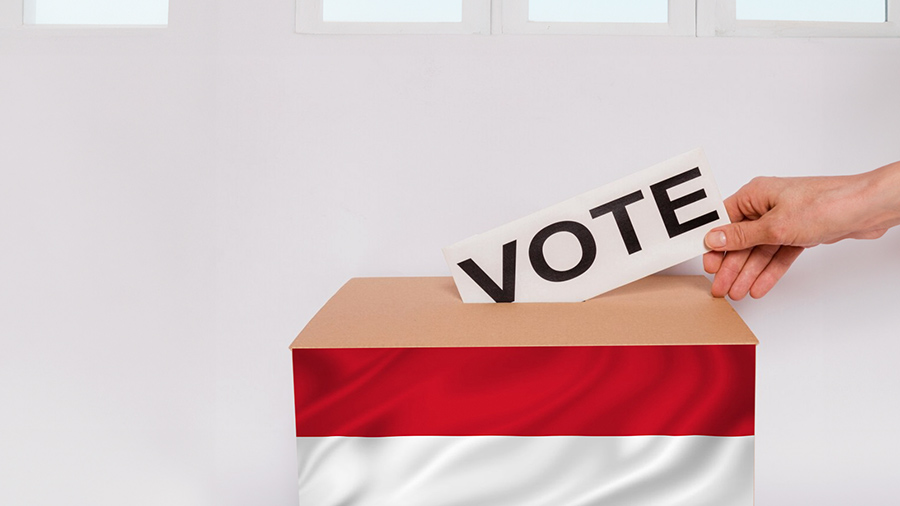Indonesia’s Election Year: Impact on Sourcing and Trade Policies
Indonesia’s election year is always a pivotal moment for business communities, both local and international. As Southeast Asia’s largest economy prepares for political transition in 2024-2025, businesses operating within its borders—and those sourcing from the country—must pay close attention to changes in policies that could reshape trade, manufacturing, and logistics landscapes.
Elections in Indonesia are not just political milestones—they influence macroeconomic direction, investor confidence, and international trade agreements. This makes it crucial for sourcing and manufacturing companies to evaluate the risks and opportunities ahead. In this context, the role of a bestsourcing agent Indonesia becomes more essential than ever.
Political Stability and Economic Continuity
Historically, Indonesia has maintained relative political stability despite its diverse population and complex governance system. The 2024 presidential election—followed by regional and legislative votes—marks a turning point as President Joko Widodo (Jokowi) finishes his final term.
A key concern for global sourcing and trade professionals is whether Indonesia will sustain its current policies that promote industrial growth, FDI, and infrastructure investment. Continuity in economic policies would benefit long-term buyers and partners. But a shift in political priorities could lead to changes in import regulations, tariffs, and local manufacturing incentives.
Having an experienced bestsourcing agent Asia helps mitigate such risks by staying up to date with domestic political developments that could affect your sourcing pipeline.
Potential Shifts in Trade Policy
Election years tend to bring both promises and uncertainties. Trade policies may be used as campaign tools—either to encourage protectionism or to boost global partnerships. Businesses sourcing from Indonesia need to prepare for either scenario.
For example, one leading presidential candidate has proposed more stringent import controls and greater incentives for domestic production. If enacted, this could affect how foreign buyers manage supply chain contracts with Indonesian manufacturers.
A bestsourcing agent Indonesia is well-positioned to interpret these changes quickly and suggest alternate sourcing regions within the country, such as moving operations from Jakarta to more investment-friendly provinces like Central Java or Batam.
Impact on Sourcing Incentives and Labor Laws
Indonesia’s success as a sourcing destination has been driven by favorable labor costs and special economic zones that reduce barriers to export production. However, political platforms advocating labor reforms or minimum wage increases may alter the cost structure for foreign buyers.
Additionally, post-election economic policies could lead to the revision of regulations around bonded logistics centers, industrial permits, or local ownership rules for foreign investment.
With these potential changes on the horizon, companies looking to maintain sourcing efficiency should work with a bestsourcing agent Asia who can help navigate updated labor policies, renegotiate supplier agreements, and maintain compliance across shifting legal frameworks.
Infrastructure and Industrial Policy in the Spotlight
Under Jokowi’s leadership, Indonesia has made substantial progress in building infrastructure—especially ports, roads, and logistics corridors. The continuation of these projects is critical for seamless shipping and reducing supply chain bottlenecks.
Election outcomes could either accelerate or stall these infrastructure expansions. This directly affects the lead times, delivery reliability, and costs for imported and exported goods.
A bestsourcing agent Indonesia can offer real-time insight into the regions where logistics improvements are ongoing, and where delays may surface due to changing government focus or funding redirection.
Green Policies and ESG Commitments
Environmental, Social, and Governance (ESG) goals are becoming more prominent in Indonesia’s economic discussions, particularly as climate change and sustainable trade gain international focus. Presidential candidates have acknowledged the need for greener policies in manufacturing and sourcing.
This includes increased regulation on emissions, packaging waste, and product traceability. Global buyers focused on ethical sourcing will need to pay close attention to post-election green policy implementations.
Working with a bestsourcing agent Asia who understands local ESG standards—and can identify compliant factories—helps companies stay aligned with their sustainability targets while avoiding disruption.
Currency and Inflation Volatility
Election periods often trigger fluctuations in currency value and inflation rates, particularly in emerging markets like Indonesia. This affects both input costs and supplier pricing. For businesses operating under fixed budgets or long-term supply agreements, managing cost unpredictability becomes a major concern.
Sourcing agents on the ground monitor market movements closely and can negotiate flexible terms or suggest alternative suppliers that offer price stability. A reliable bestsourcing agent Indonesia plays a strategic role in protecting your cost structure during volatile political periods.
U.S.-Indonesia Trade Relations Post-Election
With Indonesia increasingly viewed as a critical partner in the U.S.’s Indo-Pacific trade strategy, the outcome of the 2024 elections could also influence bilateral relations. U.S. buyers are watching for any signs of trade liberalization or restrictions.
Whether through renewed trade talks, revisions in import/export regulations, or national production incentives, these developments will impact how U.S. companies engage with Indonesian suppliers.
Navigating these changes efficiently requires a sourcing agent that not only understands local policy but can interpret it in the context of international buyer expectations. This is where the value of a bestsourcing agent Asia becomes indispensable.
Strategic Recommendations for Sourcing Professionals
-
Scenario Planning: Prepare for both continuity and change in sourcing conditions depending on who wins the elections.
-
Supplier Diversification: Work with agents to explore alternative factories or regions within Indonesia that may remain favorable regardless of policy shifts.
-
Regulatory Monitoring: Maintain regular contact with sourcing agents for updates on labor laws, tariffs, and logistics protocols.
-
Flexible Contracts: Adjust sourcing contracts for adaptability in case of post-election market fluctuations.
Conclusion
Indonesia’s election year presents both challenges and opportunities for global sourcing strategies. Political transitions may influence regulatory environments, trade flows, and production costs. Companies that rely on Indonesian suppliers must remain vigilant and agile to adapt to policy changes that can emerge rapidly.
Engaging a trusted bestsourcing agent Indonesia ensures you stay one step ahead of evolving conditions, while also gaining localized support, cultural insight, and strategic sourcing expertise. In times of political change, working with agents who can provide intelligence, flexibility, and compliance becomes a competitive advantage.
